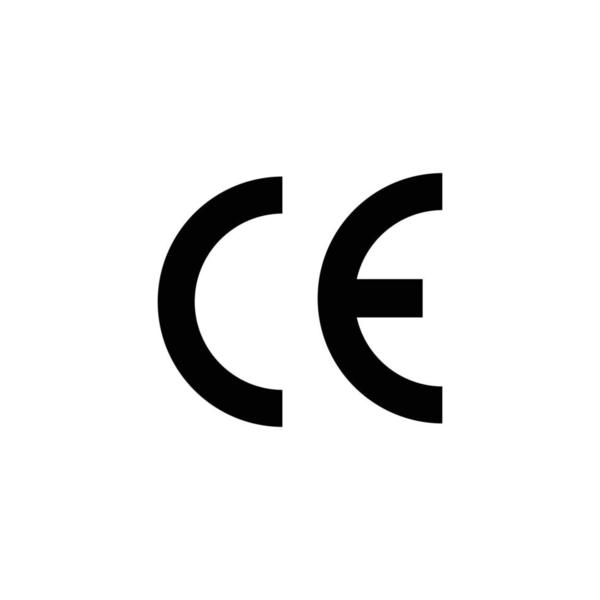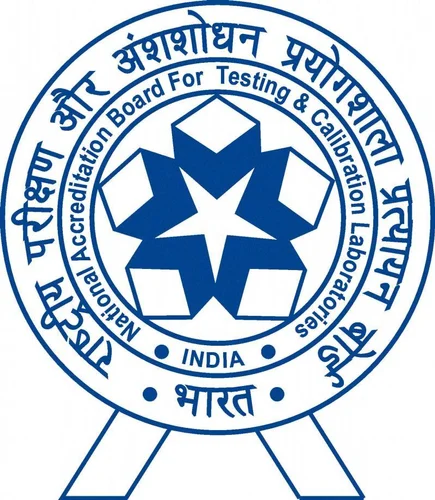Europe is a competitive but prize market, easier to access than ever before. Too many Indian exporters, especially small and medium sized enterprises, avoid it because the technical requirements for entry seem too complicated, too difficult, or too expensive. Indian manufacturers who have successfully accessed the European market know that the time to understand the European system is well worth the effort. The European Union alone is filled with affluent consumers, approximately 450 million of them. The European market is a large area that comprises more than 25 countries. For the exporter, therefore, Europe as a whole has become a market whose technical requirements have been greatly simplified. Before the creation of the European Union, each country imposed its own technical requirements. Different standards and conformity assessment procedures forced exporters to target one or two countries only, or to forego exporting to Europe altogether. The unification of these European countries into a European Union, and the consequent harmonization of laws, standards, and conformity assessment procedures, changed all that. Perhaps more importantly, ISO 9001 Certification is used extensively in Europe as a condition of acceptance of a manufacturer’s product or as a means of recognition of the manufacturer’s credibility. It is important to note that a manufacturer with a quality system in place (such as ISO 9001 QMS) should not automatically assume that his or her products are CE compliant because of the quality system alone. The appropriate New Approach Directive(s) will prescribe the correct and full route to conformity assessment. The CE Mark, which is affixed to a product or its packaging, is considered a proof that the product has met the requirements of the harmonized European standard, or directives; refers to Communauté European. Translated from the French, this literally means European Community. The European Commission, which administers the program, describes the CE Mark as a passport for goods to be sold freely within the internal European market. It is required by law if the product falls under one of the New Approach Directives. It is not a quality mark, nor is it a mark for consumers. Intended for Member State authorities, it is the visible sign to those authorities that your product is in compliance with the New Approach Directives. All manufacturers are required to affix the CE mark to products that are governed by New Approach Directives. CE marking on a product indicates to all authorities that the product is in compliance with the essential health and safety requirements of all directives that apply to the product. The first step to compliance is determining which directives apply to the product. A product may be regulated by more than one directive. The CE mark does not disclose which directive(s) or standards apply to the product, nor will it indicate the method of conformity assessment used to bring the product into compliance. This information is provided by other accompanying documents, such as the Declaration of Conformity. The Manufacturer or the Authorized Representative affixes the CE marking to the product. It is not affixed by a Notified Body.


